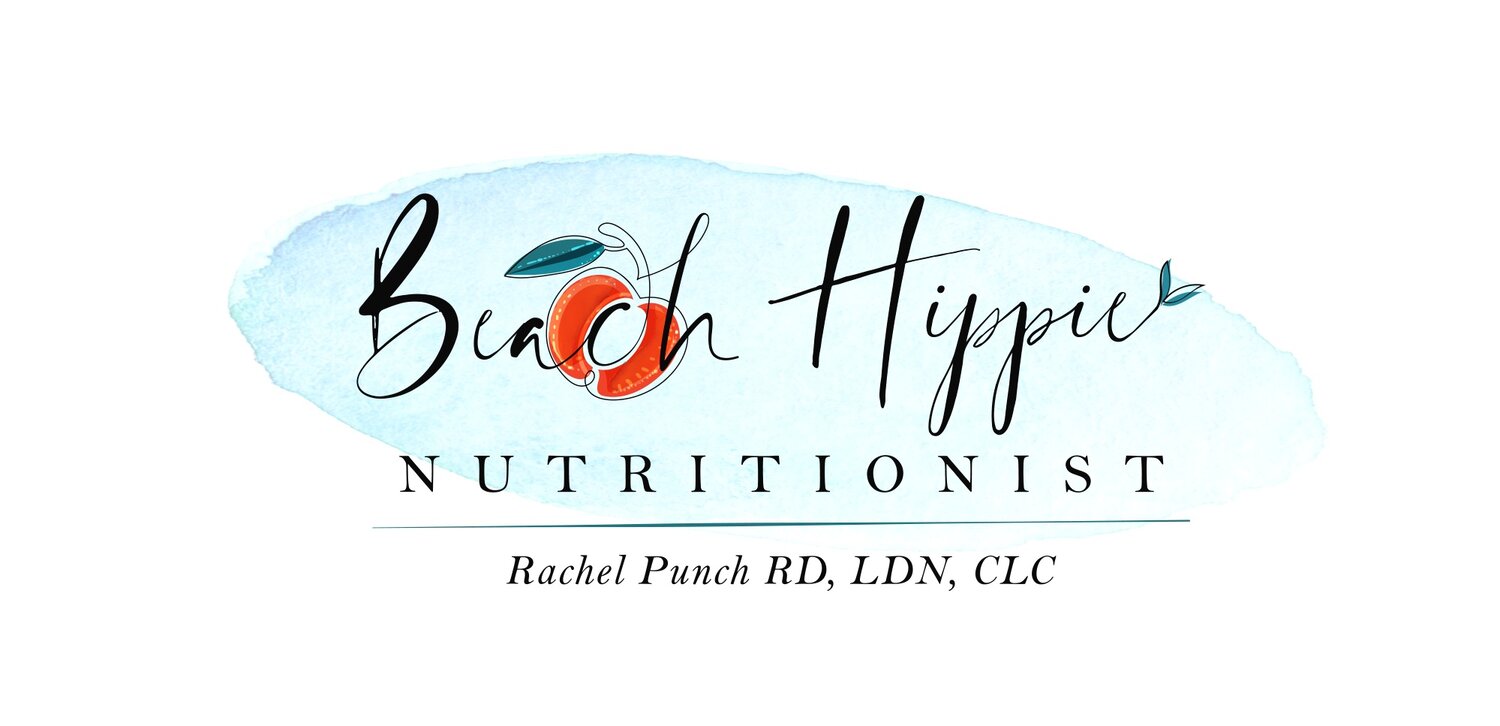How to choose which protein powder is best for you
In 2022, the growing demand for protein continues. With rising interest in protein supplements, specifically, for protein powder, it is no longer just elite athletes, but also the general population who are looking to increase their protein intake. As nutritional awareness rises around the world, people are discovering the benefits of protein in their diet. This macromolecule builds lean muscle mass, keeps you fuller for longer, and can aid in weight loss. It is recommended that an individual gets 0.8g-2.2g of protein per kg of body weight a day, depending on energy needs. Endurance athletes should aim to get 1.2-1.4g of protein/kg, while resistance and strength-based athletes should aim for 1.6-2.0g per kg of body weight. Those who are trying to reach high levels of protein throughout their day, may find it difficult without supplementing.
Hello, PROTEIN POWDER! This is a simple way to add a lot of protein, 15-30 grams with some powders. The body can only absorb about 20-25 grams of protein at one time, so for optimal absorption and utilization you should space out your intake between meals and snacks. Protein powder can be added to so many of the things we love e.g., smoothies, coffee, pancake mix, oatmeal, bread, soup, muffins, cookies, etc. It is so convenient to just add a scoop of powder into your favorite recipes. There are tons of different flavors and types of protein powder. You may choose whatever works best for you, but watch out for added ingredients that do more harm than good.
AVOID protein powders that are high in:
Artificial sweeteners (Sucralose, Aspartame, Saccharin)
o These can cause headaches, migraines, gastric distress, and weight gainThickeners and gum (Xanthan gum)
o These additives tend to cause bloating, constipation, and gasCasein and Whey Protein Concentrate (Sodium caseinate and WPC)
o Sources with these products are high in lactose, which make it hard for your bodyto digest, causing bloating and gastrointestinal distress
Milk solids
o These have few health benefits, and make the protein difficult for the body to digest and utilize
Dextrin and Maltodextrin
o These are typically added to protein powders as fillers, but can raise the glycemic load, activating the body’s fat storage
For many individuals, plant-based protein powder is more beneficial because it is free of these harmful additives. Now that you know what to avoid in your protein powder, let’s look at the good stuff.
Things you should look for in your protein powder:
Whey Protein Isolate
o Isolates are more filtered than concentrates. So, they contain more protein by weight and less carbs and fat. Much of the lactose is removed during filtration, so protein isolates are easier to digest.
Soy protein
o This is a complete protein, effective in promoting muscle growth. Soy protein provides similar benefits to whey protein e.g., building strength and lean body mass.
o Soy is a phytoestrogen, meaning it is found naturally in plants, however this crop is typically grown with pesticides. A powder that is third-party tested or part of the clean label act is a safe option.
Collagen
o Collagen is the most abundant protein found naturally in the body. Taking a collagen supplement can strengthen bones and joints, maintain digestive health, improve hair, skin, and nails, and promote healthy weight.
Seed protein (chia, hemp, sunflower, flaxseed, pumpkin)
o Seed proteins are typically high in fiber and omega-3 fatty acids, which promote heart and bone health, improve brain function, improves skin health, and boosts hair growth.
It’s important to choose a protein powder that is best for you. One that compliments your lifestyle, is accepted to your tolerances, and accommodates your fitness goals. Whether your goal is weight loss, weight gain, increased muscle mass, improved overall health, or just to achieve the recommended daily protein intake, the right protein powder combined with healthy food choices and exercise can help you reach your goal.
Not every protein is created equal and not every protein is suitable for every person. It is important to always be aware of what you are putting in your body and the effects and/or benefits it may have on you.
Now that you know all about the ingredients in protein powder, it is time to find what best works for you. Check out this list of some of the best protein powder brands on the market!
▪ Gorilla Formula
▪ IQed Smart Nutrition▪ KompleX Nutrition
▪ Nutrabox
▪ Oziva
▪ PlantFuel
▪ PlixLife
▪ Puori
▪ Vega Sport Premium▪ Vital Proteins
▪ Wicked Protein
Remember, Beach Hippie Nutritionists are always here to answer your questions (985) 278-0753 or Email: fitRD16@gmail.com
References:
How Much Protein Does the Body Absorb at Once? (2021, December 8). ENU Nutrition.
https://enu-nutrition.com/blog/how-much-protein-does-the-body-absorb-at-once/. Karpenski, Christine. (2017). Sports Nutrition. Academy of Nutrition and Dietetics.
Link, R. (2020, November 23). 11 Best Protein Powders and How to Choose One. Healthline.https://www.healthline.com/health/best-protein-powder.
Maciel, R., & Malacoff, J. (2020, May 27). “What’s the best protein powder?” Your complete guide to choosing the right supplement for you. Precision Nutrition. https://www.precisionnutrition.com/how-to-choose-protein-powder.
The Best & Worst Protein Powder Products. (n.d.). Clean Label Project. https://cleanlabelproject.org/the-best-worst-protein-powder-products/
Van De Walle, G., & Elliot, B. (2021, December 21). Health Benefits of Collagen: Pros, Cons, and More. Healthline. https://www.healthline.com/nutrition/collagen-benefits#benefits
Written by: Lainie Wolter - Future RDN
Approved and edited by: Rachel Glaxner Punch RD, LDN, CLC, CLT

